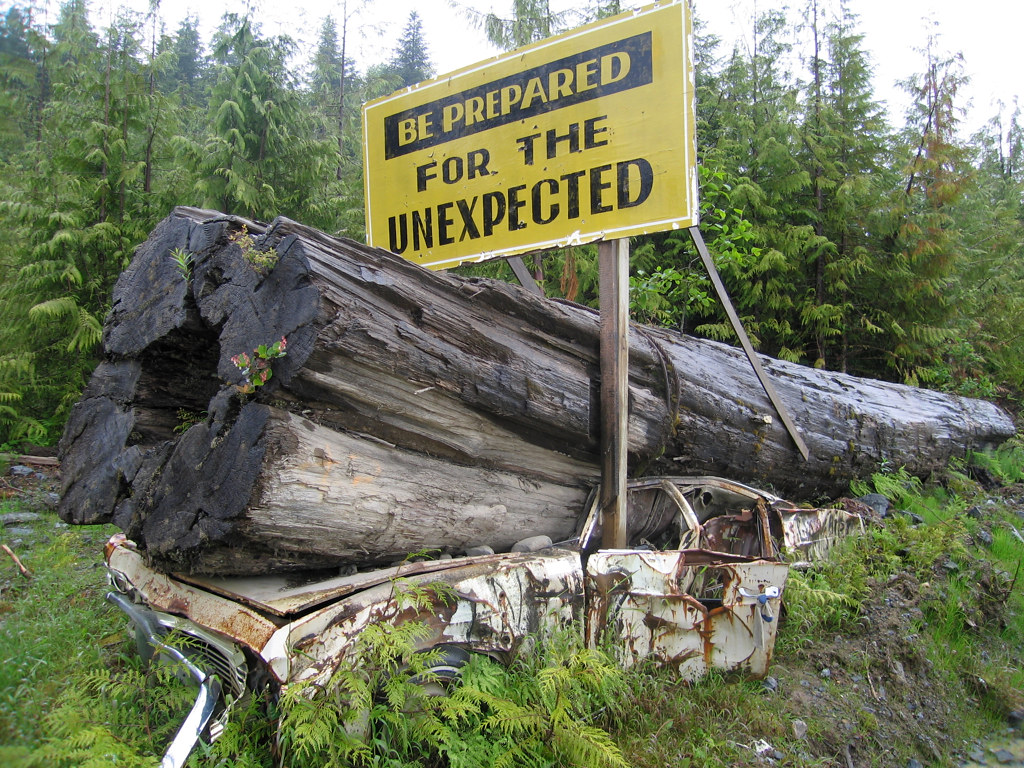 |
| source |
There was a hashtag recently making the rounds on Twitter
about the wayward, winding path so many of us have taken before becoming
librarians: #BeforetheMLIS.
Before deciding to go back to school for my MLIS, I had been: a linguistics and
philosophy double major; an overachieving undergrad presenting at conferences/having
papers published/teaching freshman-level courses/assuming I would be an
academic forever; a cognitive science PhD dropout; a legal assistant
specializing in personal injury and Social Security Disability; a tax
consultant going toe-to-toe with IRS agents every day; and a worker of many,
many odd jobs, from counting cash in a vault in Hersheypark to stocking
magazines and trade paperbacks in Wal-Marts and drug stores all across the
tri-county area.
Which is to say that I did not always know I wanted to be a
librarian. I stumbled into it, as so many of us stumble into so many things. To
be honest, I’ve never had any clue exactly what it is I’m doing here. So I
looked to others as examples.
In graduate school, this was easy. I had awesome, engaged
professors who really cared about their students. I had fellow students who
were rock stars in their own right, scoring fabulous internships and working
full-time jobs in libraries already and yet still willing to answer all of my
questions. Having been an academic for so long, I was comfortable within the
confines of school. These were my people. I knew how things worked here.
And then I graduated. And I had to get a job. And I did
(lucky me!). And then… I had never felt so alone in my life.
I started my career as a school librarian, and I spent all
day practicing solo. I was the only library professional in my entire building.
Nobody knew what I was supposed to be doing except me. All of the sudden I was
in charge, I was making the rules, and I would be held accountable for them.
Then, just as I thought I might be getting the hang of
things, my family moved to another state, and I had to start all over. I
transitioned into public libraries and thought: huzzah! I would be working in a
whole BUILDING full of librarians! Librarians who had been doing this so much
longer than me, who knew what they were doing, and who could lead and guide me
towards new librarian adventures.
Unfortunately, it’s not always that easy.
People are BUSY. My bosses and coworkers serve as role
models as much as they are able, but they have jobs to do, too. Their jobs and
their interests don’t always align with my personal goals. I’m focused on
diversity initiatives, individual rights, social justice issues, and how to
make the library a dynamic and passionate (and yes, political) community space.
But I live in a rural area where we are doing the best we can with an aging and
conservative population, and a view of librarianship that rarely strays from
the traditional. It’s a great library, and I work with great people, but I
found myself wanting more: more engagement, more passion, more creative
thinking, more crazy ideas. Where were the really radical role models, the ones
thinking outside the box, the ones trying outrageous things and sometimes
failing, the ones for me, the mad ones?
I found them on Twitter.
I call these people my “role models,” but most of them have
never even heard of me and would be surprised to find themselves listed in this
blog post. Nevertheless, the ideas they write about, the causes they signal
boost, and the library values that they champion influence me a great deal.
They inspire my thinking, they assuage my doubts, and they show me that there
are many, many different ways to be a librarian, and most importantly that
someday when I least expect it, I may find I’ve even forged my own. A shortlist
of my amazing Twitter librarian role models includes: @olinj (owner of this fabulous blog), @rdlankes, @jacobsberg, @michael_perry_7, and @flexlibris. They work in very
different environments, they have very different views on librarianship, and
they’re all rock stars to me.
So I encourage you to go off and find your own mad ones.
Maybe Twitter isn’t for you. Maybe you’ll find your mad ones at conferences, at
meet-ups at the pub, or (if you’re lucky!) in your very own office building.
These mentors might be your bosses, sure, but they might be your peers, or your
neighbors, or people you only know through words on a computer screen. The
mentor relationship need not necessarily be a formal one. Everyone we meet has
something to teach us about ourselves and the world around us. Keep your eyes
open, ask for help when you need it, and find your mentors where you least
expect them. And if you’re lucky, you’ll find ones who are mad in the same way
that you are.
Shanna Hollich is a Technical Services Assistant at a public
library in Gettysburg, PA and an Editorial Assistant for ALCTS News. She makes things. You can find her at http://www.shannamakes.com
or on Twitter @srhlib.
(quote in title from On the Road, by Jack
Kerouac)








